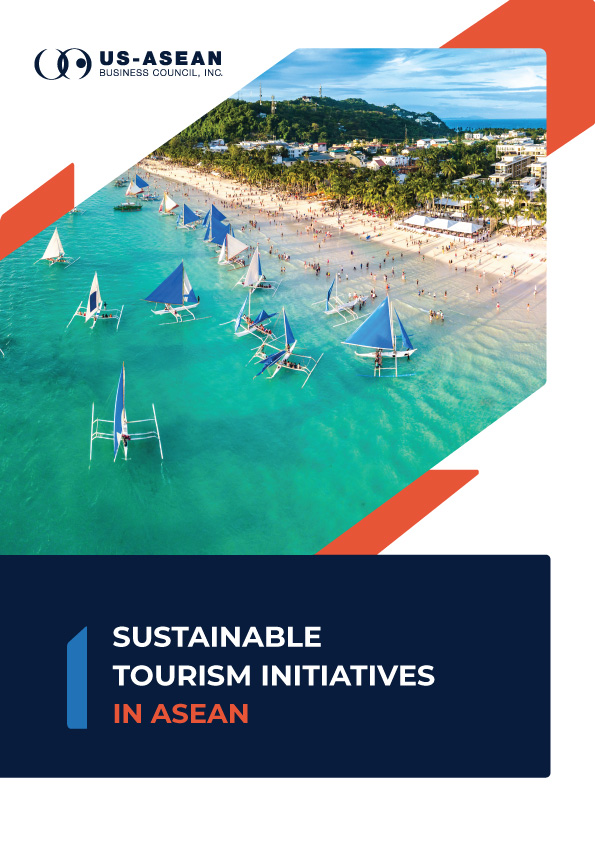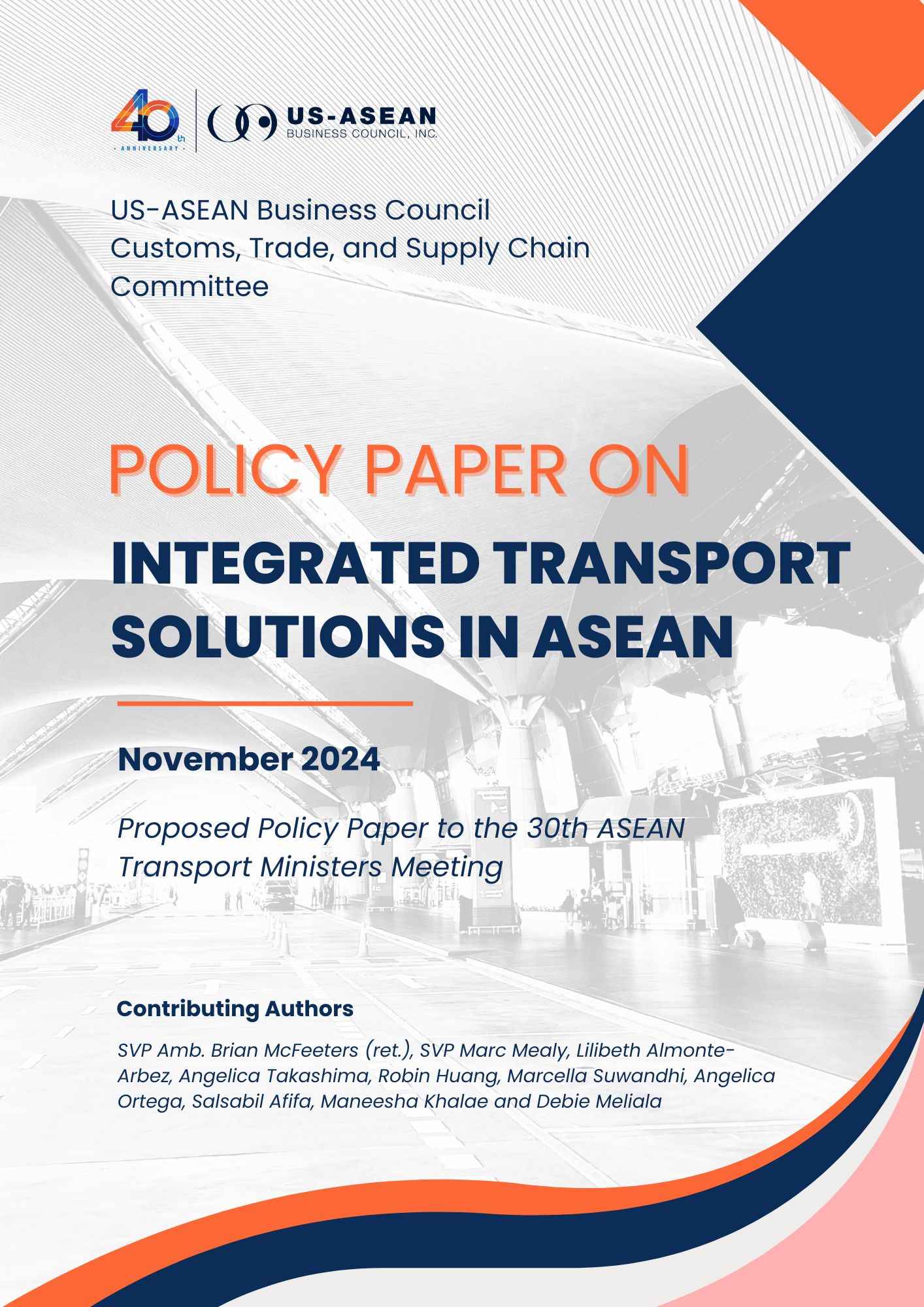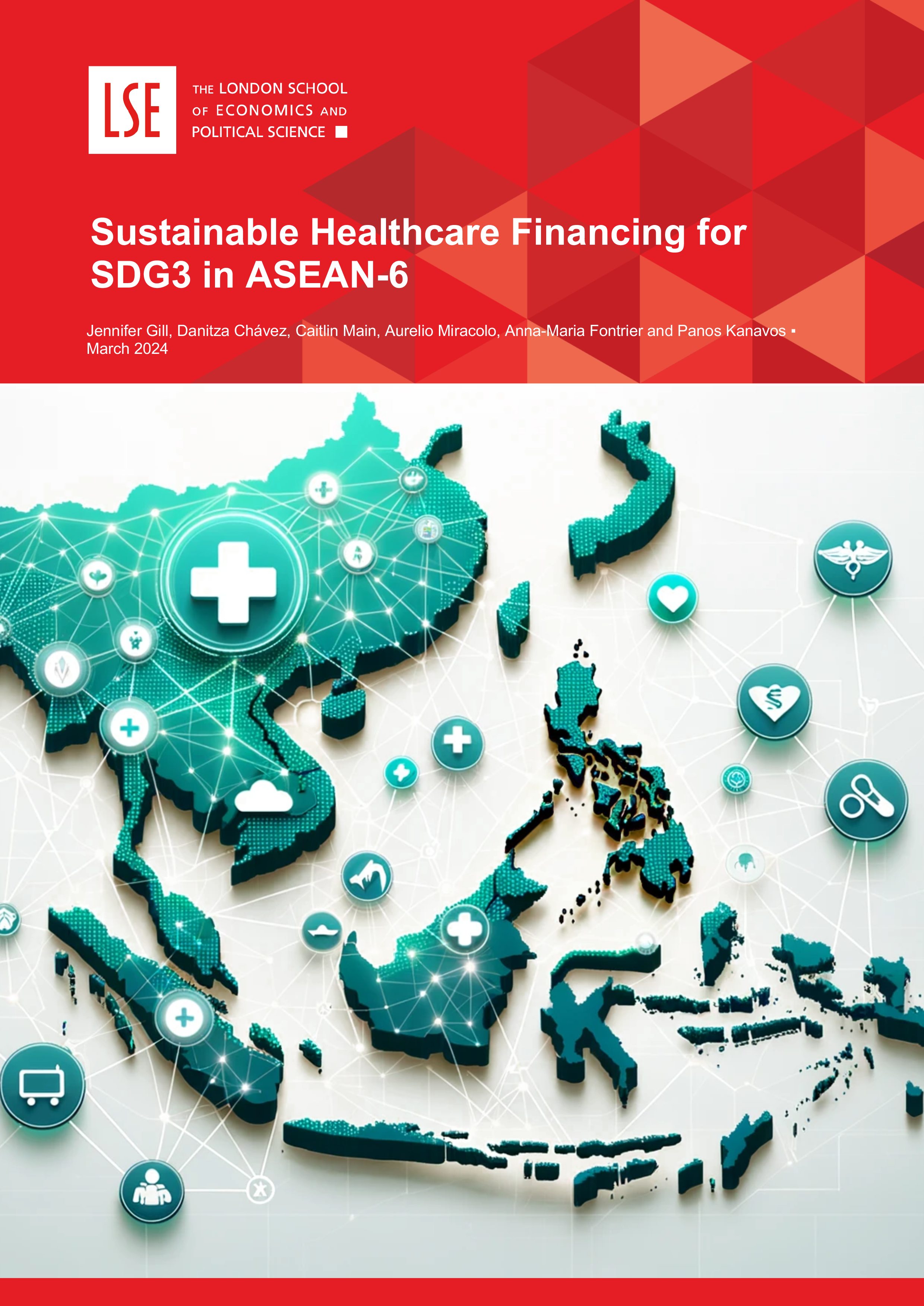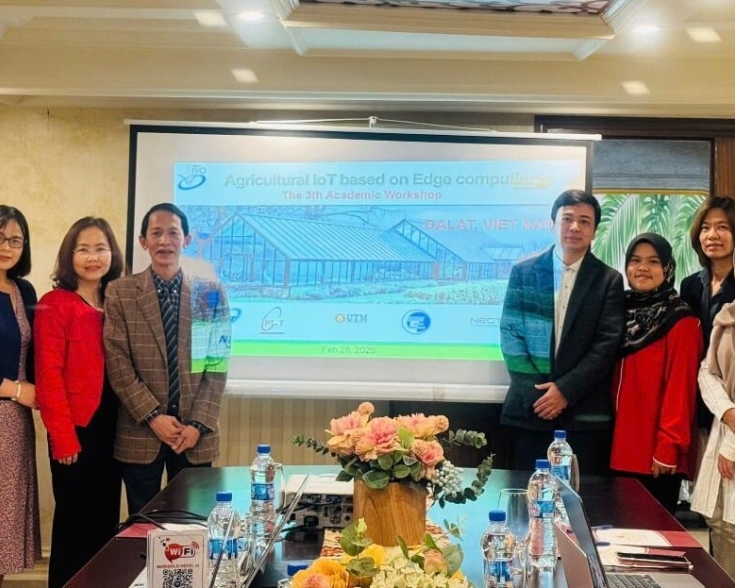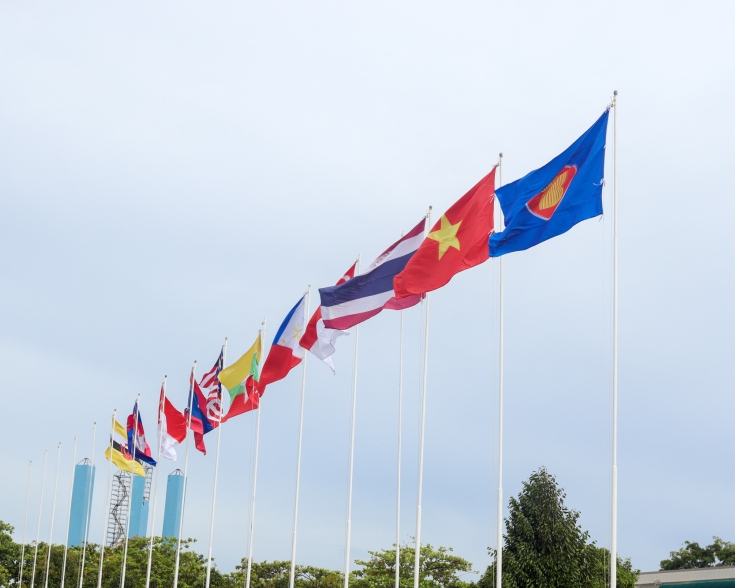Developments on Circular Economy in ASEAN
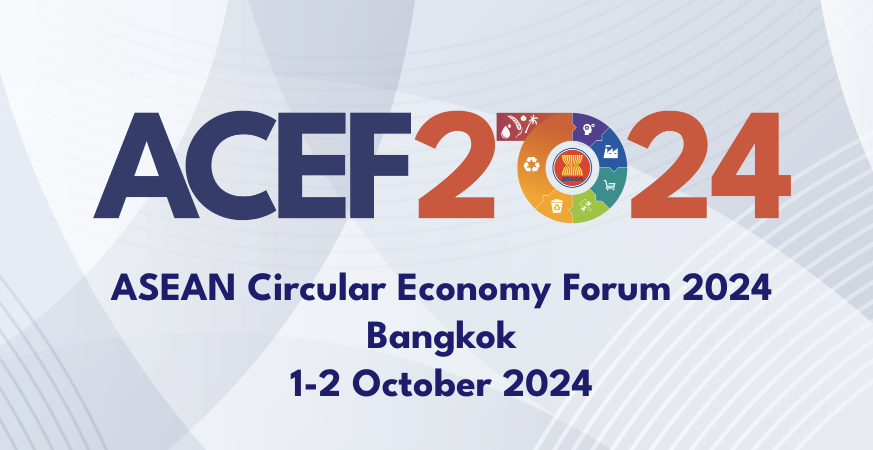
The ASEAN Circular Economy Forum (1-2 October) will be held in Bangkok. The ACEF2024 is organized by by the ASEAN Center for Sustainable Development Studies and Dialogue (ACSDSD) and the Enhanced Regional EU-ASEAN Dialogue Instrument (E-READI) Programme, with the support of EU stakeholders under the umbrella of the Green Team Europe Initiative (GIZ Projects, Denmark, TAF GTEI) In this forum, methods to overcome transitional challenges, such as lack of financing, will be explored. It also aims to raise awareness of and evaluate existing circular economy practices to find ways to improve and apply them to the ASEAN context and economy. Ideas generated from the forum will be floated to the Government of Malaysia for consideration as part of Malaysia’s ASEAN chairmanship in 2025. The Council believes that along with the 2025 ASEAN Economic Ministers meeting, this will be an important forum to keep an eye on for future trends in government schemes and legislation aimed at promoting the circular economy.
Recently, Malaysia published its Circular Economy Blueprint for Solid Waste (2025-2035), which outlined Malaysia’s schemes to transition to a circular economy in the next decade. Firstly, it aims to create a certification system to certify companies as zero-waste, which will qualify them for financial incentives. This will be paired with new financial disincentives for waste production. Secondly, it will utilize data systems to improve existing waste management systems and develop new sustainable waste management facilities. Thirdly, it will also invest in Research & Development to help in the aforementioned sustainable waste management facilities. This roadmap serves as a guideline for future schemes and legislation that companies can expect in the future, making it a good read.
On the private sector side, the ASEAN Circular Economy Business Alliance (ACEBA) was launched in July. It is an alliance seeded by the European Union’s Switch-Asia program through its partnership with the ASEAN Business Advisory Council and the ASEAN Responsible and Inclusive Business Alliance. The aim of ACEBA is to provide leadership and action for regional circular economy transition by promoting best practices through peer learning, advocacy, and networking. While details on this alliance are scarce due to its newness, it is an interesting development to keep an eye on and learn from for there may be measures and technology that other companies can adopt, refer to, or assist in.




